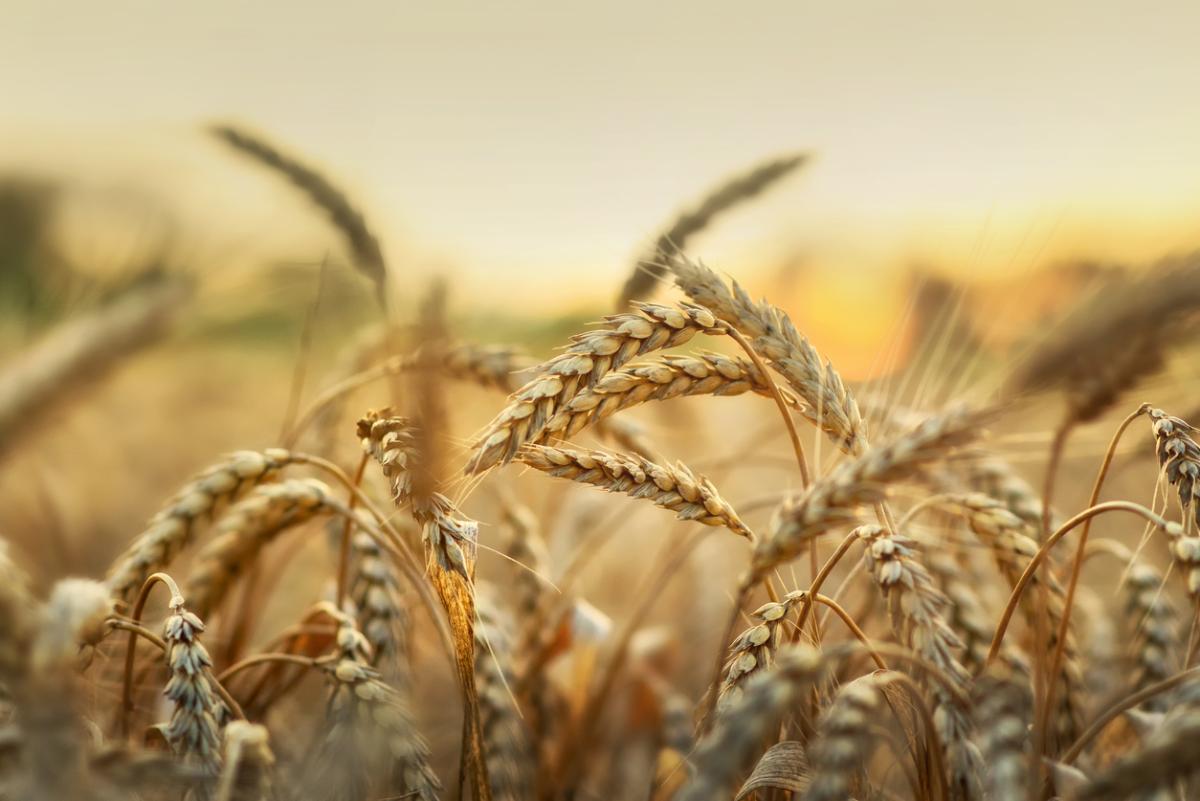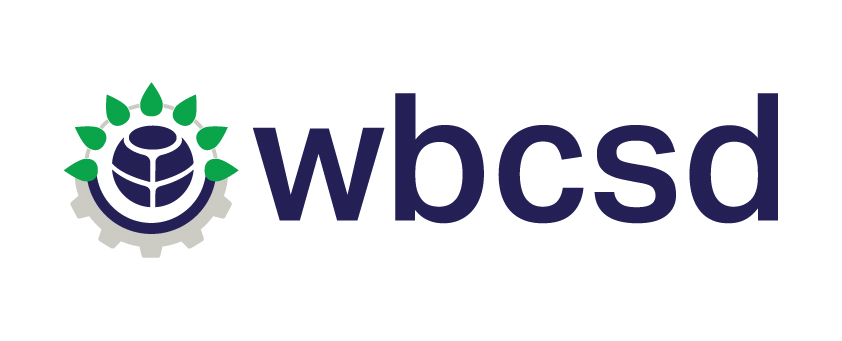WBCSD | Food and Land Use

Food and land use productivity will determine whether the world can feed a population projected to grow to over nine billion by 2050, while sustaining natural environments. Food production can be increased, rural income development improved, gender balance raised, forests protected and land use emissions cut by raising crop and livestock productivity, using new technologies and comprehensive approaches to soil and water management.
Visit our website to learn more, and join FReSH

